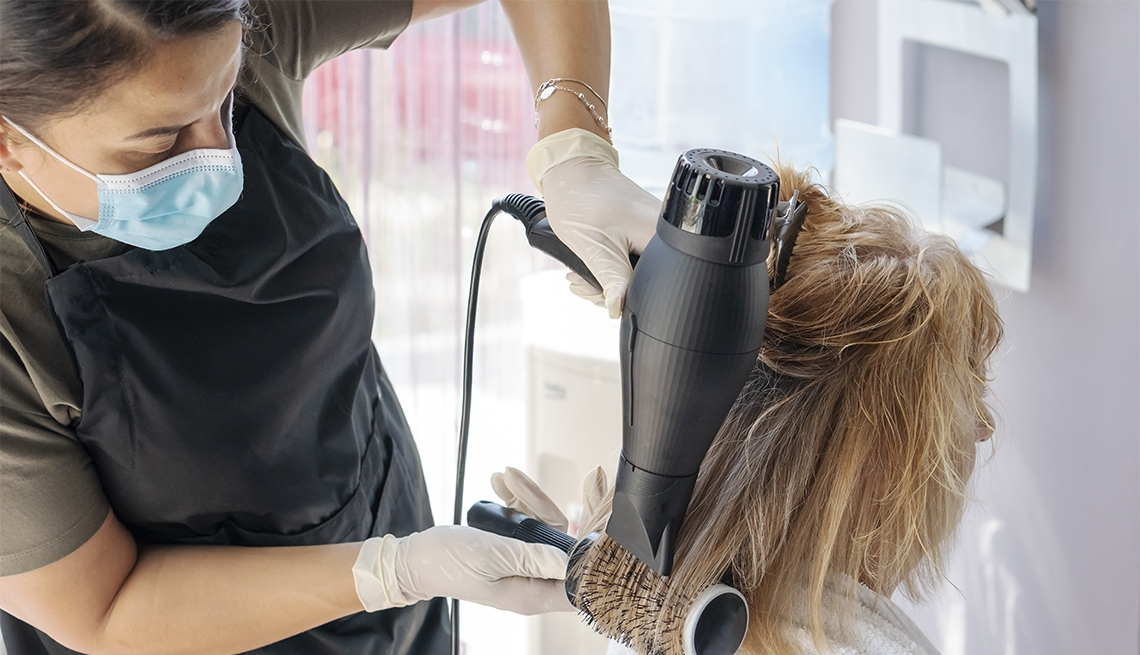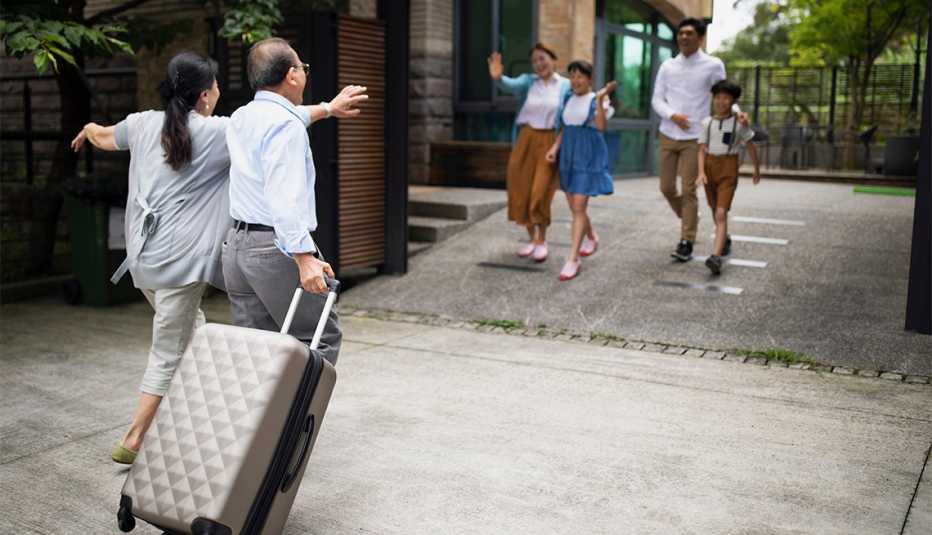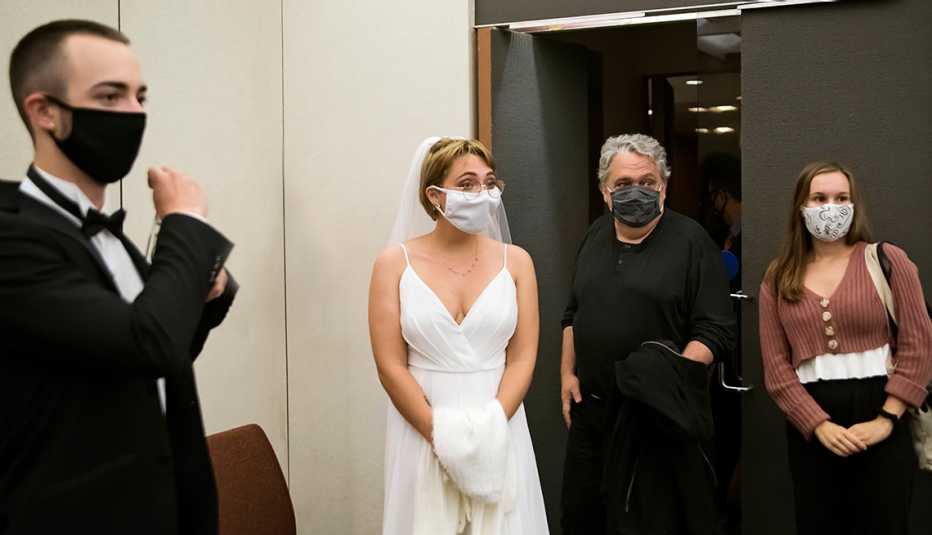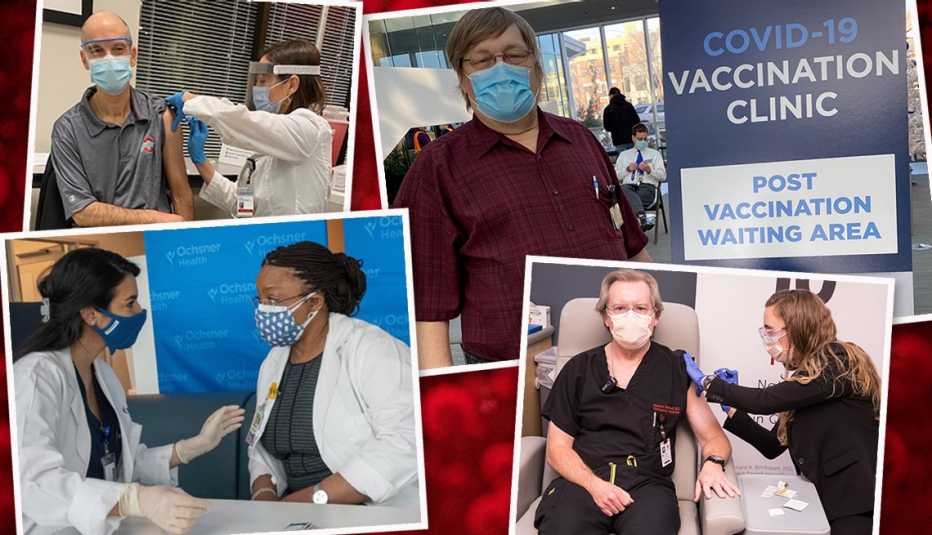Staying Fit
It took Elyse Rosenberg months to break up with her cleaning lady. Concerns about COVID-19 made her do it, especially because her grandsons, who are often at her house, had been too young to be vaccinated.


AARP Membership— $12 for your first year when you sign up for Automatic Renewal
Get instant access to members-only products and hundreds of discounts, a free second membership, and a subscription to AARP the Magazine.
Rosenberg, 66, got two shots early this year as well as a recent booster. She hoped that the housekeeper who had come to her Austin, Texas, home every other week for almost 12 years would do the same.
“It was hard because I was comfortable with her. She was so honest and never missed a day and was very easy to work with … so I put up with her not wanting to be vaccinated,” Rosenberg says. “But it got to be when delta became so prevalent, that was the pushing point.”
Rosenberg isn’t alone in feeling forced into a decision she never imagined making. The coronavirus has polarized the populace, dividing friends and families over masks and vaccinations. The delta variant has magnified the issue, forcing some vaccinated older adults to dissolve long-standing professional relationships with hairstylists, house cleaners and others.
“This pandemic and COVID-19 really turned relationships upside down — whether it’s personal or professional relationships,” says Argie Allen-Wilson, a business relationship expert and therapist in Philadelphia. “This is a new dimension of relationships we haven’t dealt with before.”
No vaccination? No business
Rosenberg’s routine includes weekly after-school pickups for her grandsons, who are in kindergarten and second grade. The boys often spend the night at her home. Before Rosenberg was vaccinated “they weren’t allowed in my house and I wasn’t allowed in their house,” and the fact that someone who was unvaccinated would be coming in regularly became a deal breaker.
Rosenberg says she tried a few times to convince her cleaning lady to get vaccinated, but “she told me she didn’t trust it.”
The last time Rosenberg raised the issue, delta was at its peak. Her housekeeper had just finished cleaning when Rosenberg asked again her if she planned to get vaccinated.
“She said ‘No, I don’t think they know enough about it. It hasn’t been researched enough and I’m not going to do it,’” Rosenberg says. She then inquired about the cleaning woman’s husband and his vaccination status. “And she said, ‘He’s not vaccinated either.’”




































































